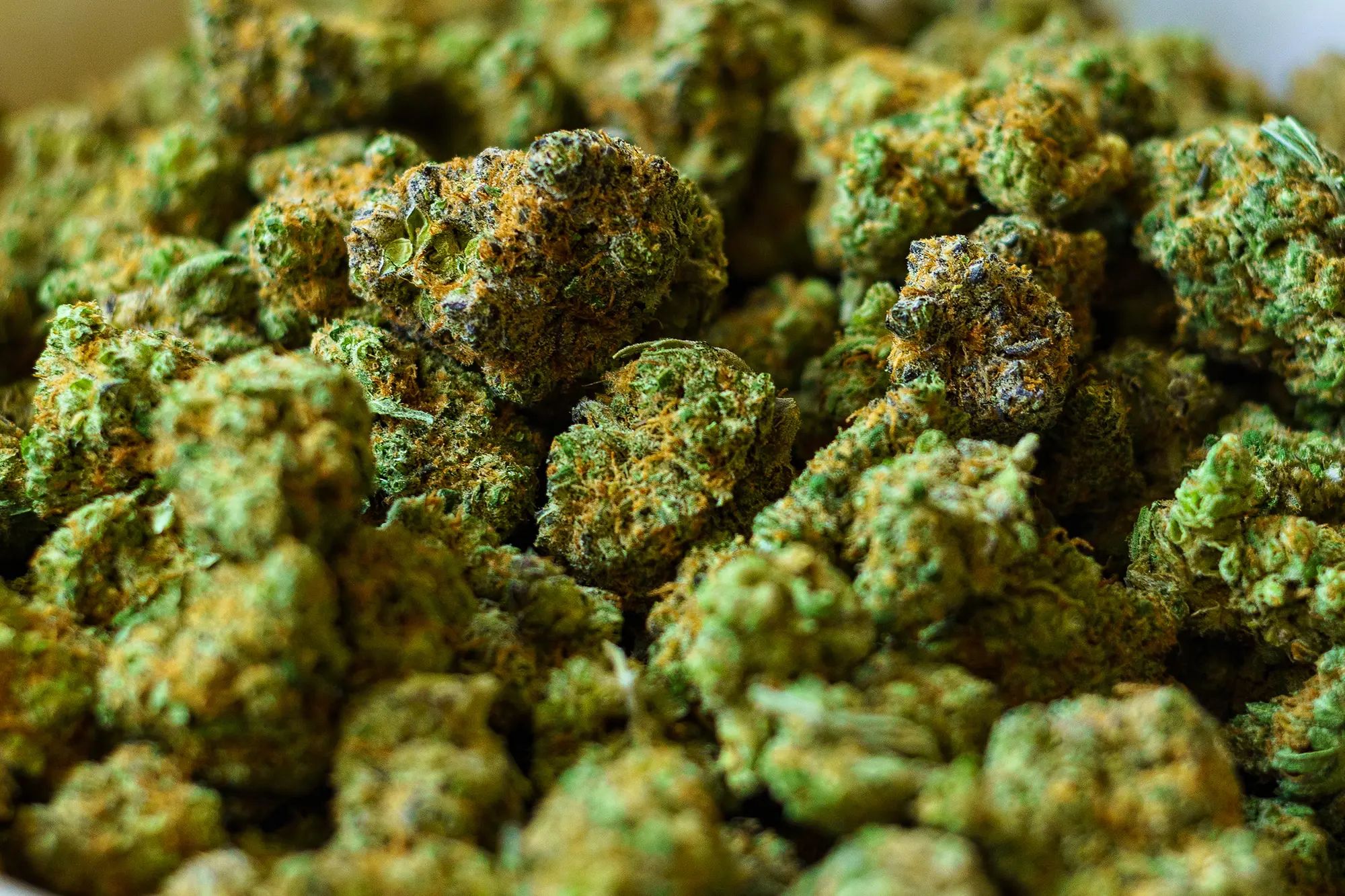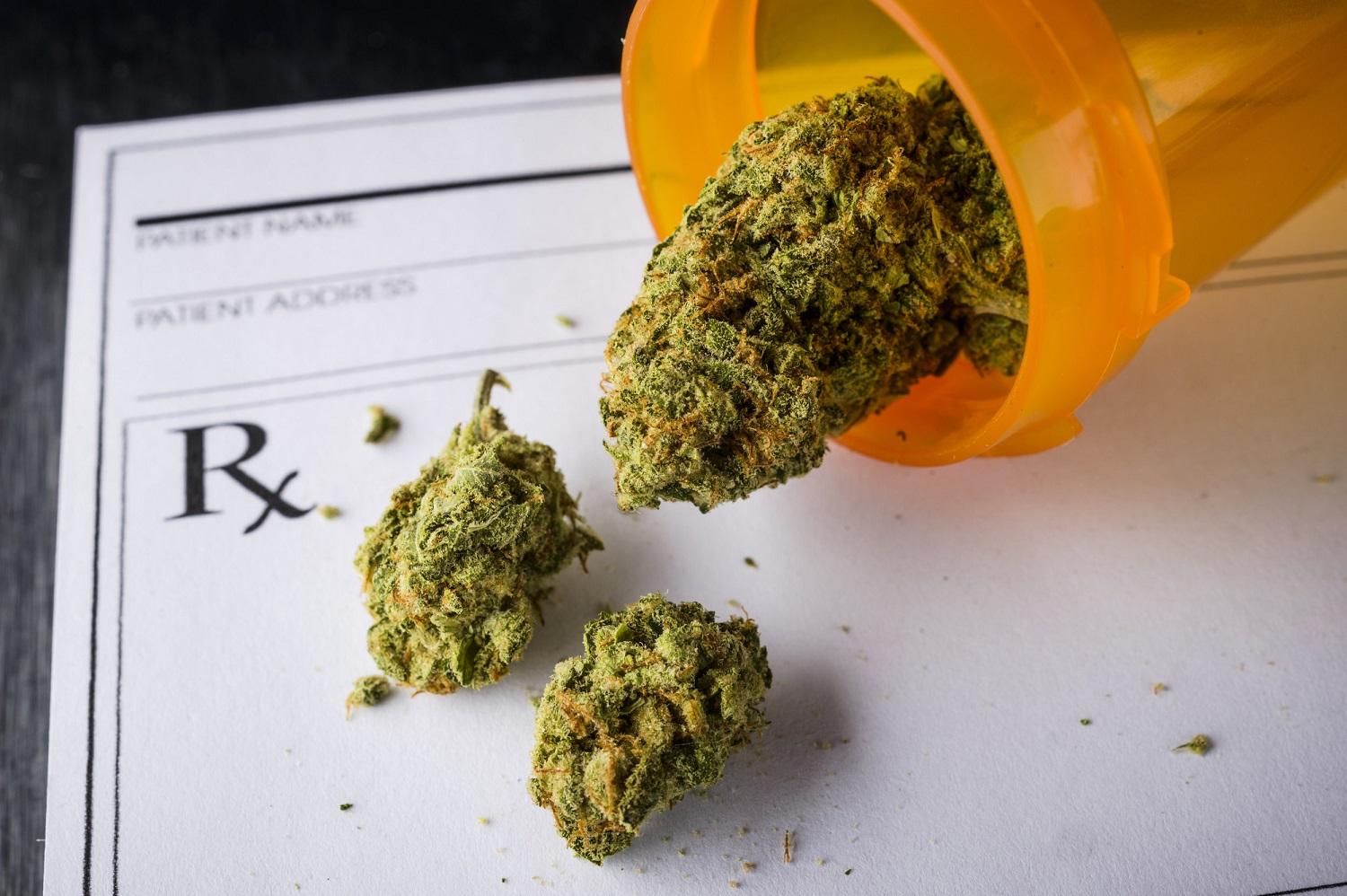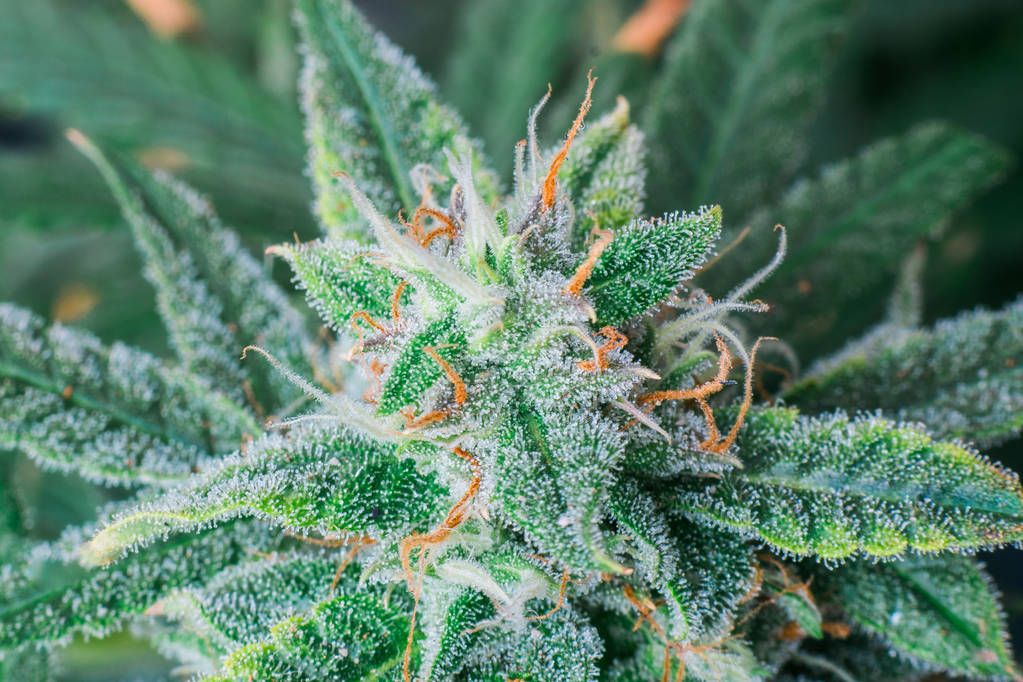New polling reveals that half of Utah voters now back the full legalization of recreational marijuana.

Conducted by Noble Predictive Insights and funded by the Utah Patients Coalition, the survey found that 50% of voters in the state support legalizing recreational cannabis. An additional 38% of respondents favor medical cannabis only, while just 9% believe marijuana should remain illegal. Three percent were undecided.
The poll highlighted a generational divide in opinions on recreational cannabis. Support is highest among younger voters, with 60% of those under 40 backing legalization. Meanwhile, only 29% of voters over the age of 65 support it, with the majority favoring medical use. Middle-aged Utahns showed a near-even split, with 49% supporting recreational legalization.
Continue reading











